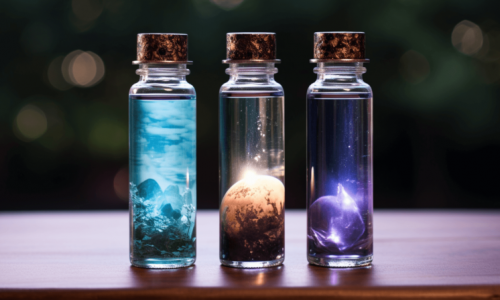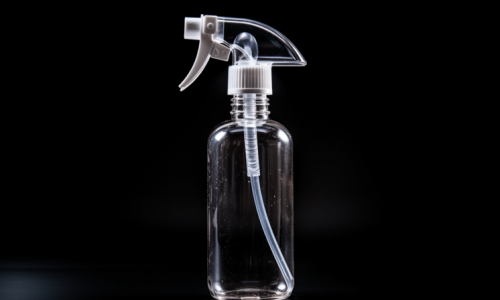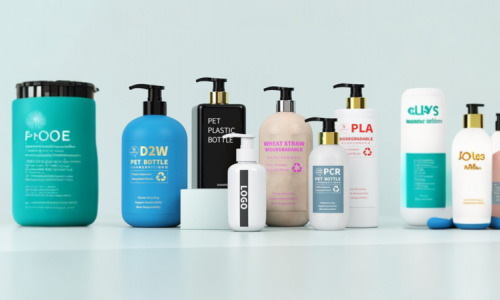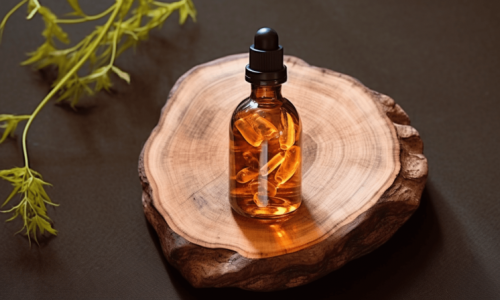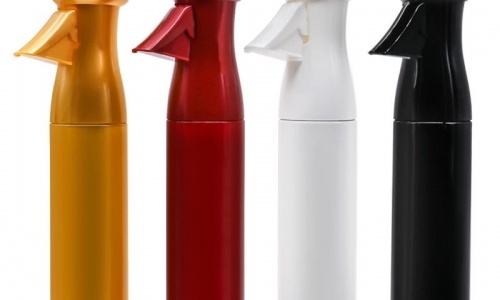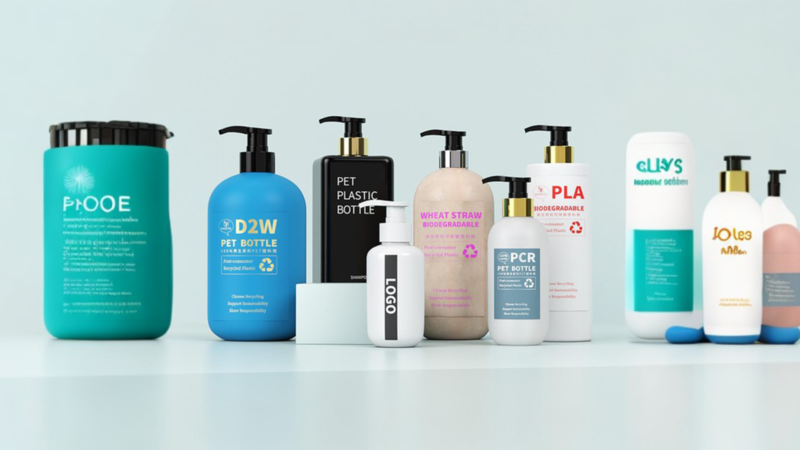
PCR stands for Post-Consumer Recycled material or Post-Consumer Resin. As interest grows around sustainable packaging solutions, PCR plastics like rPET, rPP, and rHDPE have become popular options. But what exactly is PCR plastic?
PCR plastic is made from recycled plastic waste that is reprocessed into a resin to create new packaging and products. This recycling process reduces plastic waste and gives materials a second life rather than sending them to landfills.
How PCR Plastic is Made
Here is the step-by-step process for how PCR plastic is produced:1.Plastic waste is collected from homes, businesses, collection facilities, etc. This “post-consumer”plastic has already been used.
2. The plastic is sorted, cleaned, and colors are absorbed so it has a uniform appearance.
3.It is then shredded into small flakes or fine granules.
4.The plastic granules are melted down and processed into PCR plastic resin.
5.This resin can be molded and shaped into new plastic packaging, containers, and other products.
Benefits Of Using PCR Plastic
There are several key benefits that make PCR plastic an eco-friendly choice over virgin plastic:
- Reduces the Amount of Waste: Recycling post-consumer plastic decreases waste sent to landfills and incinerators.
- Lowers Carbon Footprint: Making products with PCR plastic has a lower carbon footprint compared to using new plastic.
- Saves Resources: Recycling existing plastic means fewer raw materials and resources are needed to make new products.
- Circular Lifecycle: PCR plastic can be recycled over and over again after use as many as seven to nine times.
As interest in sustainability grows among consumers, PCR plastic offers an eco-friendly packaging solution. Brands like Susanne Kaufmann use PCR plastic for their refillable product line. The refill bottles are made from 75% post-consumer recycled plastic and are 100% recyclable.
Sustainable packaging will continue to evolve, but PCR plastic makes an impact today by giving used plastic new life. Understanding what PCR is helps consumers make informed, earth-friendly choices.


